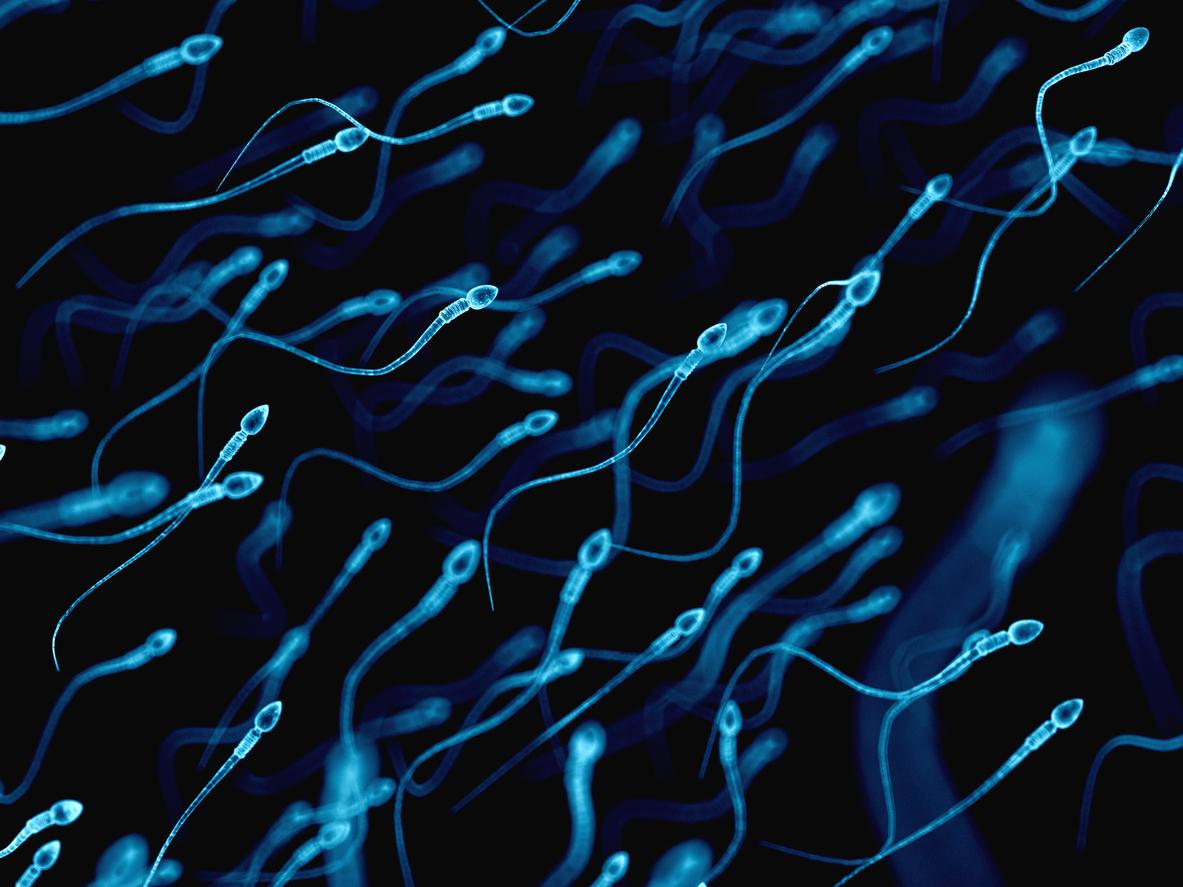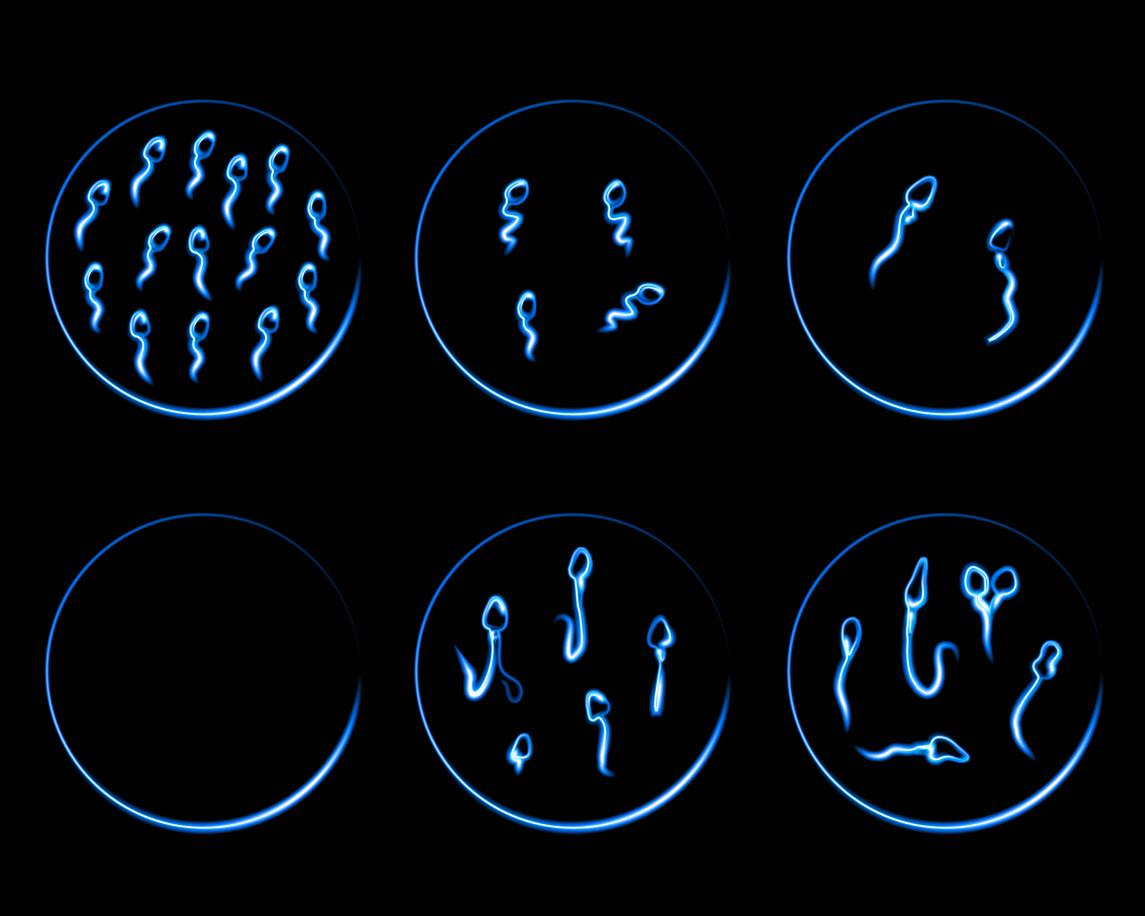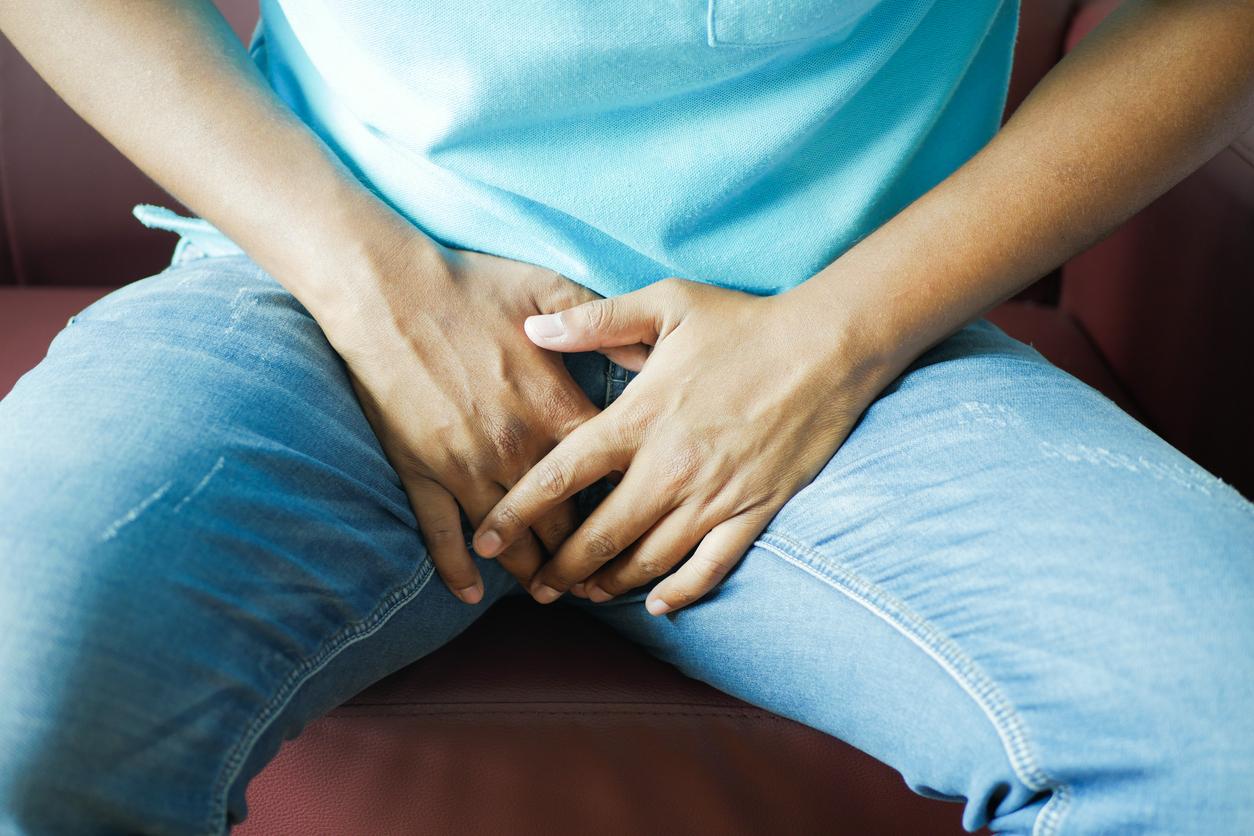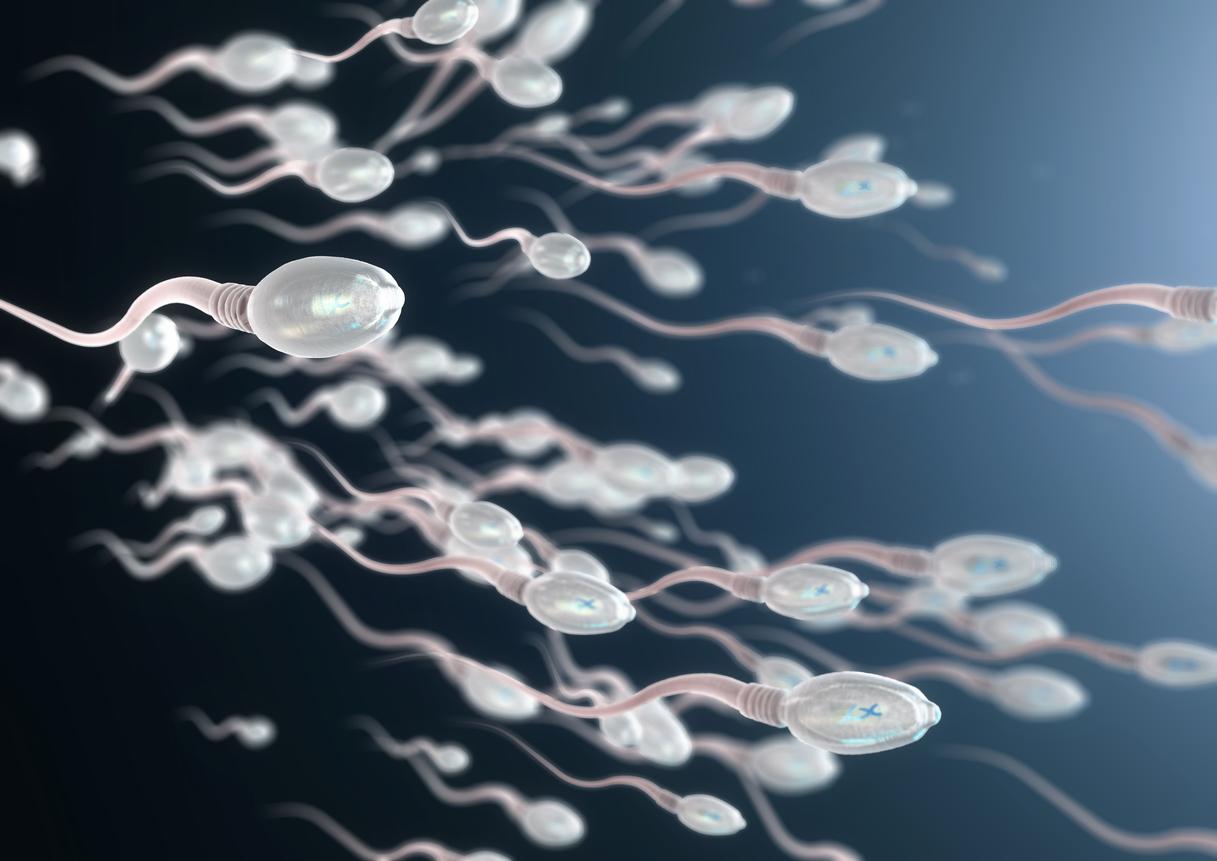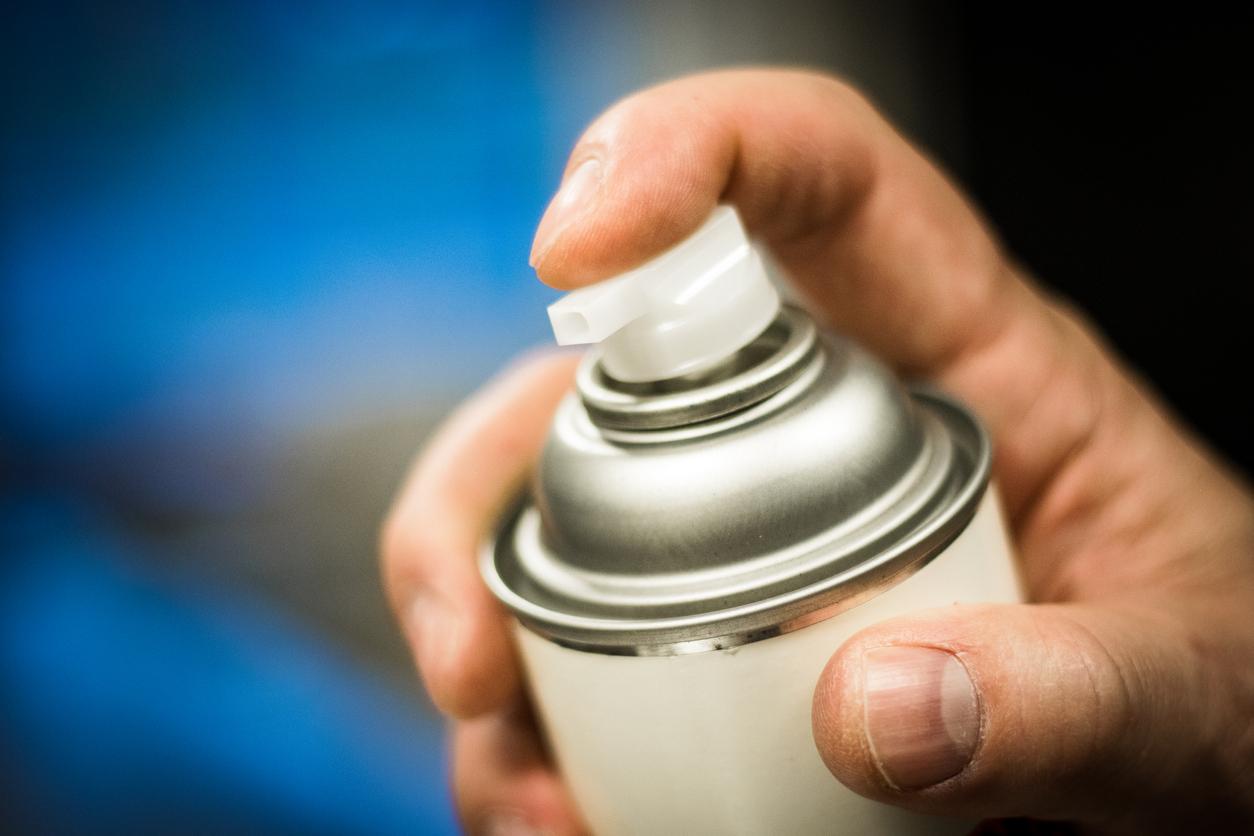Men exposed to two insecticides are more likely to have a decrease in sperm concentration.

- Researchers have found a link between reduced sperm concentration in semen and exposure to pesticides.
- This means that exposure to pesticides can decrease male fertility.
- They call for more regulations to reduce exposure to pesticides.
The European Commission has just renewed the authorization of glyphosate for ten years. Present in various herbicides, including Roundup, this pesticide is classified as a probable carcinogen for humans by theInternational Agency for Cancer Research since 2015. This confirmed the conclusions of numerous studies on the health dangers of pesticides. Recently, researchers at the American George Mason University demonstrated that there is a link between exposure to pesticides and a reduction in sperm concentration. Their results are published in the specialized journal Environmental Health Perspectives.
Insecticides: fifty years of data on their impact on fertility
“Understanding how insecticides affect sperm concentration in humans is essential, given their ubiquity in the environment and documented reproductive risks.”, develops Lauren Ellis, co-author of the study. The research team gathered data from 25 studies published over the last fifty years on the health impacts of two insecticides: organophosphates and N-methyl carbamates. The authors point out that these products were originally designed to destroy living things, but they did not expect such results.
Pesticides reduce male fertility
The analysis of the various researches allowed them to establish the existence “of coherent associations” between exposure to these products and the presence of a lower concentration of sperm in semen. “We were surprised to obtain such strong conclusions.”, comments Melissa J. Perry, co-author of the study. However, sperm concentration is one of the factors that influences sperm quality. The criterion used is the number of sperm per milliliter of semen. According to the World Health Organization, a minimum of 39 million sperm are required per milliliter of semen. This reduction observed after exposure to pesticides may contribute to a reduction in fertility in humans.
Pesticides: new regulations are needed
For Melissa J. Perry, this accumulation of evidence now available, demonstrating the risks associated with these products, has reached a point where it is necessary to take “regulatory measures“to reduce the exposure of the population.”Insecticides are a concern for everyone and for all men, who are exposed to them mainly through the consumption of contaminated food and water., adds Lauren Ellis. The authors point out: this is a major public health problem.










